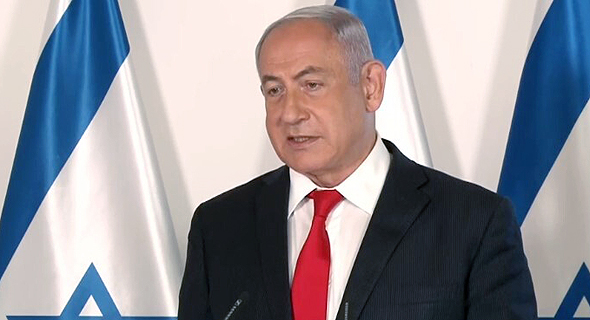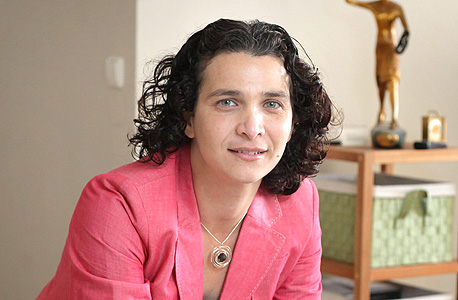
Analysis
“The biggest attack on the elections will come from the TikTok platform”
The next election campaign round is shifting from the streets to digital platforms, and it’s going to be dirty. TikTok provides a space free of censorship, and the combination of voting apps and WhatsApp groups may become conspiracy theories superspreaders
TikTok is the only platform that doesn’t have a clear policy in matters pertaining to elections, he says. “It’s no coincidence that the prime minister opened a TikTok account two weeks ago, when he received the first coronavirus (Covid-19) vaccine. It’s the only platform that hasn’t set forth a clear policy regarding how political advertising can be used on its platform yet,” he said. “In addition, it is a network that has grown a lot during the past period, especially in the Arab sector where the average user spends 50 minutes a day on the app. Political advertisements don’t need to receive approval on TikTok, and we haven’t seen things being taken down like they were by Facebook or Twitter in the U.S. elections.”
According to Jabarin, the ability of political bodies to create viral material on TikTok is significantly greater in comparison to that of other social media platforms. “Political pages on Facebook aren’t exposed to tons of users but on TikTok, the algorithms give posts a higher chance of going viral. Facebook can block a page’s political message, but if users take a video that the Yesh Atid party for example uploaded on TikTok and published it on their own private accounts, numbering in the thousands, then who can control that? You can’t block 2,000 people who shared a video. And even if you do block them, after two hours it’s already done its work. TikTok will allow the type of aggression that Facebook and Twitter don’t. The war and attacks will come from there.” Increased use of apps One of the main issues in previous elections was the use of apps designed to sway voters, such as the Elector app used by Likud Party voters. Netanyahu promoted the use of the app during his rallies, and the Likud Party set up a complex mechanism to leverage the vast amount of user data that was entered into the app to be used to encourage tens of thousands of voters to go to the polls. The party also stuck to using the Elector App even after it was revealed that user data was leaked. Nimrod Eliran Sabbah, a communications adviser to Minister for Cyber and National Digital Matters David Amsalem and the owner of the PR agency Tal Shachar Communications and Strategy, headed the Likud's Electoral App headquarters in the previous election. He is the one who led the use of the app and built the campaign mechanism around it. “It’s the best and safest way to reach people,” Sabbah said. “Every political party understands that if it’s not on that platform, it won’t be able to get through these elections peacefully. During the coronavirus period, the connection between a political party and its voters is mainly on digital platforms. The Likud made great strides in doing that, opening a gap with its rivals, and it will continue to do so. In the Likud, people know that that’s what gave voters the big push to the polls, and added value in these past elections.” | |||
| Nimrod Eliran Sabbah believes that apps like Electra will be the main players in the next election campaign. Photo: Tal Shachar Agency | צילום: נמרוד גליקמן | ||
W
ill the Likud return to using Elector or another app? Sabbah thinks that a decision that still hasn’t been made, but estimated that Elector is a leading player in the field. “They added several features since the last election campaign. They studied the entire system more thoroughly, At the end of the day, Elector gave them results.”
Will apps designed to encourage voters replace local party branches? If so, what will replace crowd-filled rallies? The social media networks, of course. But not necessarily the public ones, such as Facebook and Twitter, rather the private apps like WhatsApp and Telegram. A dangerous combination that could lead to chaos “The digital sphere will become the town square, but it will immediately split off into different message apps, Facebook groups, or Zoom calls,” Nahon said. “There will be local discussion over networks and groups. That means that it will be much easier to spread rumors and conspiracy theories. This makes it much easier to manipulate people, since most of the work isn’t done on the visible social networks, such as Facebook, Instagram, and TikTok. On WhatsApp, Signal, and Telegram, there isn’t public access so everyone can see what’s going on. It’s like a conversation between friends, it will be much easier to spread false information between groups.”

